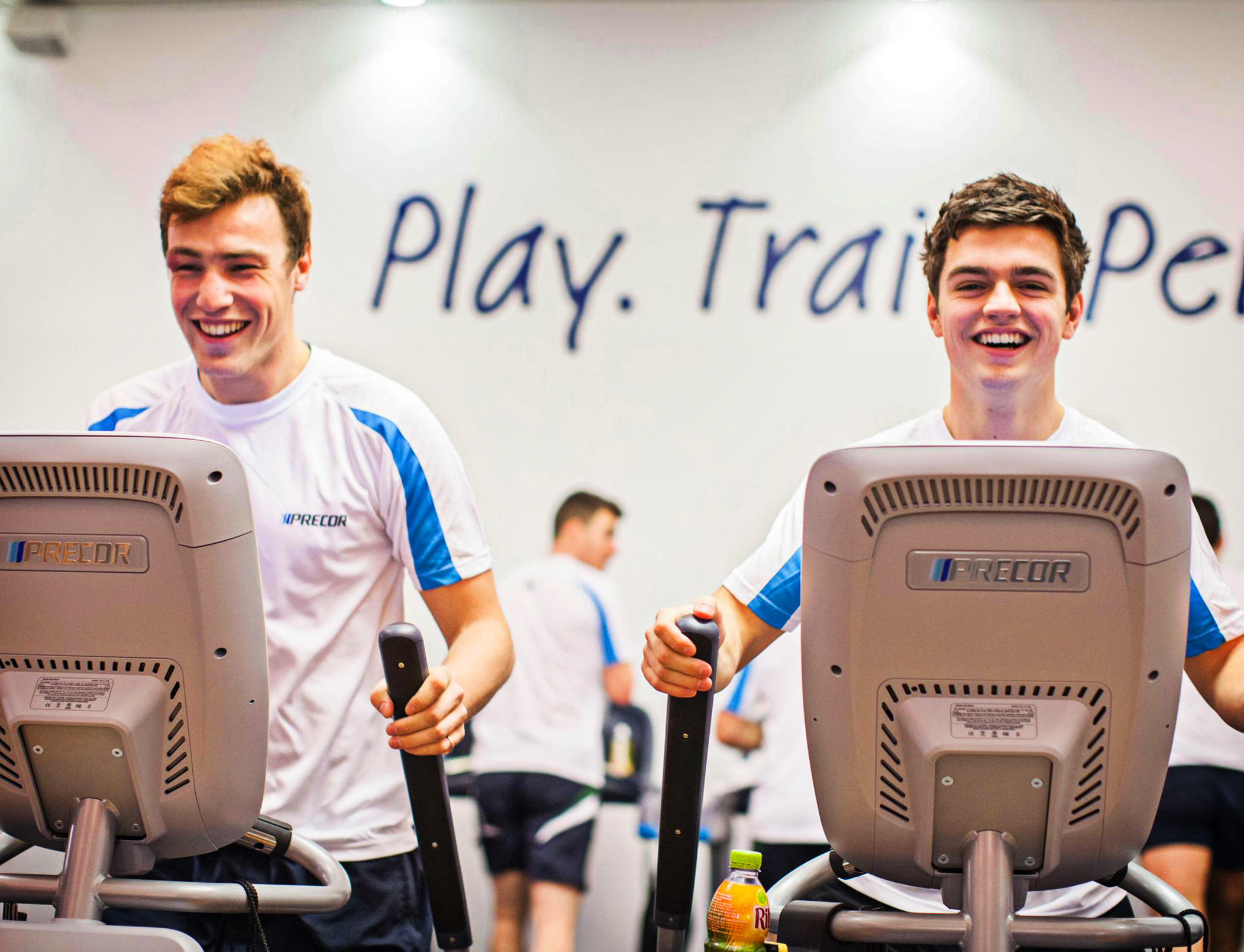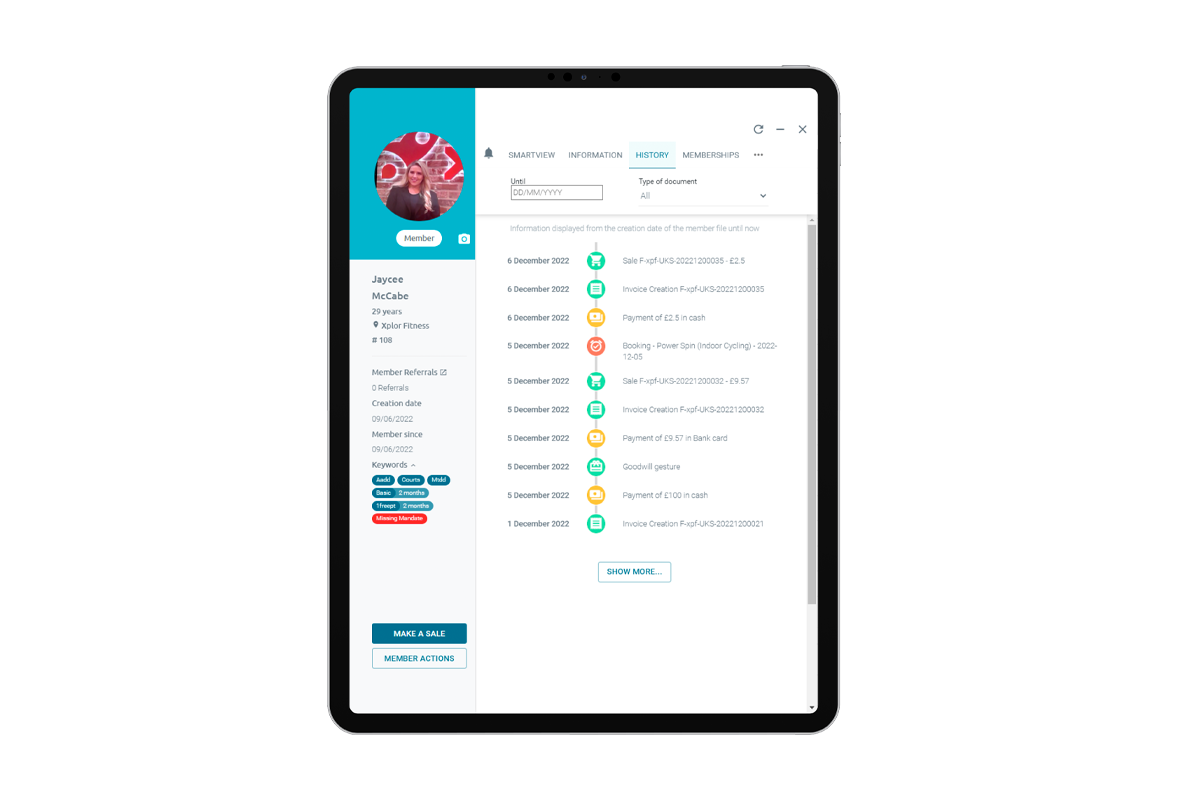Talking point: Mental health first aid
With one in six people expected to suffer some form of mental health issue each year, should the industry be training mental health first aiders? Kath Hudson investigates

Many gym members will already be using the facilities and programmes offered by our industry to look after their mental health. Endurance sports such as triathlon, marathon running and long distance swimming frequently appeal to people who have found that the best way to maintain their mental equilibrium is to immerse themselves in training for a tough sport.
However, there are so many more people out there who could greatly benefit from exercise to help with their anxiety, depression, bereavement, body image or eating disorders, or maybe a one-off stress like a relationship break-up, but who aren’t coming to clubs for any number of reasons.
Despite mental illness impacting 25 per cent of the population, from all walks of life, there still remains a stigma around the subject. This means the people who need help sometimes stay in denial or can’t find the motivation to enter a health club.
As an operator, how can you reach out to them and make sure you and your team are equipped to offer them a positive experience that helps them manage, or even overcome, their symptoms?
According to Richard Holmes, director of wellbeing at Westfield Health, an increasing number of GPs are now using exercise as the first intervention for some mental health issues, before prescribing medication. So it’s likely that there will be more referrals. However, there are many ways the industry can quietly reach out to this cohort, as well as retaining members who develop difficulties. We explore this important subject.
Active IQ: chief medical advisor

Our industry knows there’s a strong link between exercise and improved mental health, providing both the opportunity and responsibility to really make a difference. Reception staff, PTs and gym instructors are on the front line, speaking to members every day and with the right training, could spot initial signs of mental health problems and direct people to sources of support.
Active IQ’s new Level 2 award in Mental Health Awareness has been developed to enable fitness industry staff to administer mental health first aid. They learn to identify and understand common signs and symptoms, as well as the treatments and interventions for a range of mental health issues, including depression, anxiety, eating disorders, bereavement and self-harm.
As well as teaching people to listen and communicate in a non-judgmental way, the qualification equips people to give the initial help and then signposts them to experts. It also informs learners how to promote good mental health, both for themselves and others.
The course takes 20 hours, with a mix of eLearning and a one day face to face course. More than 25 training providers have already been approved to deliver it.
It’s very important for the industry to play a part in breaking down the stigma that continues to surround mental health. Simply displaying mental health-related signs throughout a facility could be the help someone needs, but appointing mental health champions within fitness and front-of-house teams to organise events that bring employees together to talk freely, can be very powerful. Working in partnership with a local mental health organisation could also prove helpful.

Last year, Mental Health Foundation research found that 72 per cent of Brits had felt stressed to the point of being overwhelmed at some point during the year and that one in six people experienced symptoms of a mental health problem each week.
This month (13-19 May), Mental Health Awareness Week will focus on body image. Many people have a challenge with how their bodies look and the way this makes them feel. Exercise can be a great way to reframe this relationship.
The Mental Health Foundation is keen to work with health clubs to support and protect mental health and highlight Mental Health Awareness week.
You can download the report: How To Look After Your Mental Health with Exercise at www.mentalhealth.org.uk
Mental Health Foundation: head of engagement

When it comes to protecting and improving mental health, increasing physical activity has one of the strongest evidence bases going.
Exercise is a fundamental way to keep well, negotiate tough times, and help address mental health problems like depression, so the fitness industry is well placed to both reach out to those suffering from mental health issues and break down the stigma. Many health club goers will already be using clubs to manage their mental health.
As well as providing the benefits of exercise, the health club environment in itself can also be very helpful in addressing mental health challenges, since clubs offer a social space with classes, coaching and friendships. However, many potential members will be inhibited by their mental health from taking part, so health clubs need to keep working towards creating an accessible and welcoming environment.
Offering targeted sessions, such as women-only, or body confidence programmes could help to ease newbies into the club culture. Running sessions with local schools could also be beneficial in introducing teens to the facility.
It's also crucial to consider the images and language used in your marketing and communication, especially on social media. Ensure you reflect a range of backgrounds and body shapes for instance. Also avoid communication relating to weight loss, especially implying guilt or shame around weight gain or lack of exercise, particularly after Christmas.
It's important for staff to have a level of mental health awareness, so they can spot signs of distress and provide immediate support. This could extend to helping people with mental health problems incorporate exercise into self-management strategies.
Operators can signal commitment by supporting anti-stigma programmes and fundraising for mental health charities or featuring the stories of members and staff who have been through tough times.
Westfield Health: director of wellbeing

There's an intrinsic link between physical health and mental health, which the medical sector is increasingly recognising. Health clubs provide the ideal environment to educate people about how mental health and physical health impact each other, as well as to break down the stigma.
At Westfield Health's chain of workplace gyms, we educate our members that there are four pillars to wellness. Nutrition, movement and recovery are the three things that keep you well and the fourth is the mental discipline to do the first three.
All too often people react to stress and feeling pressure by skipping exercise, but we want them to understand that not exercising will lead to them being less resilient both physically and mentally.
We've taken a robust approach to mental health in our gyms by appointing a head of coaching and wellbeing, whose role it is to develop content for a monthly campaign in which we discuss different topics relating to health. Issues relating to mental health are a regular feature. Similarly, this is frequently discussed on our online portal to which all members have access.
We also run workshops on the subject, which are open to non-members, and this helps to bring a new audience over the threshold.
Although we can help in terms of mental health first aid and a management programme, some members will need more specialised support and in those cases we signpost them to national support agencies.
British Universities and Colleges Sport: CEO

The mental wellbeing of students is one of the most serious challenges for universities, as both demand for mental health services and suicide numbers are increasing. Universities UK has recognised that higher education institutions need to tackle this issue and the launch of the #stepchange initiative calls for leaders to adopt the promotion of good mental health as a strategic imperative.
We recently carried out a piece of research – The British Active Students Survey – which established the value of sport and physical activity in terms of mental wellbeing. Our research discovered that students who are more active, through either playing sport, or going to the gym, have better scores on a host of positive measures that contribute to a strong mindset and confidence, including mental wellbeing, perceptions of attainment and employability and feelings of social inclusion and community.
Students who went to the gym and played sport scored the highest and we also found that the more active they were, the better their all round mental wellbeing score.
Our online society has created a culture of FOMO (fear of missing out), negativity and social isolation in many people, which can be countered by being a member of a gym.
Higher levels of physical activity were also found to engender confidence in achieving academic success: the ability to get a good degree and job after graduating is essential in building self-confidence and impacts students' drive to perform well in their academic work.
Many universities are doing more to promote good mental wellbeing among students. Kings University College runs an Active Wellness Scheme that enables students to be prescribed exercise for mental health issues and the University of Nottingham is working on a programme to tackle the stigma associated with men's mental health.


Recreation Assistant
Duty Manager (Dry)
Swim Teacher
Swim Teacher
Chief Executive Officer, Mount Batten Centre
Swim Teacher
Swimming Teacher
Swimming Teacher
Company profile

Featured Supplier

Property & Tenders
Company: Knight Frank
Company: Belvoir Castle
Company: AVISON YOUNG
Company: London Borough of Bexley
Company: Forestry England












